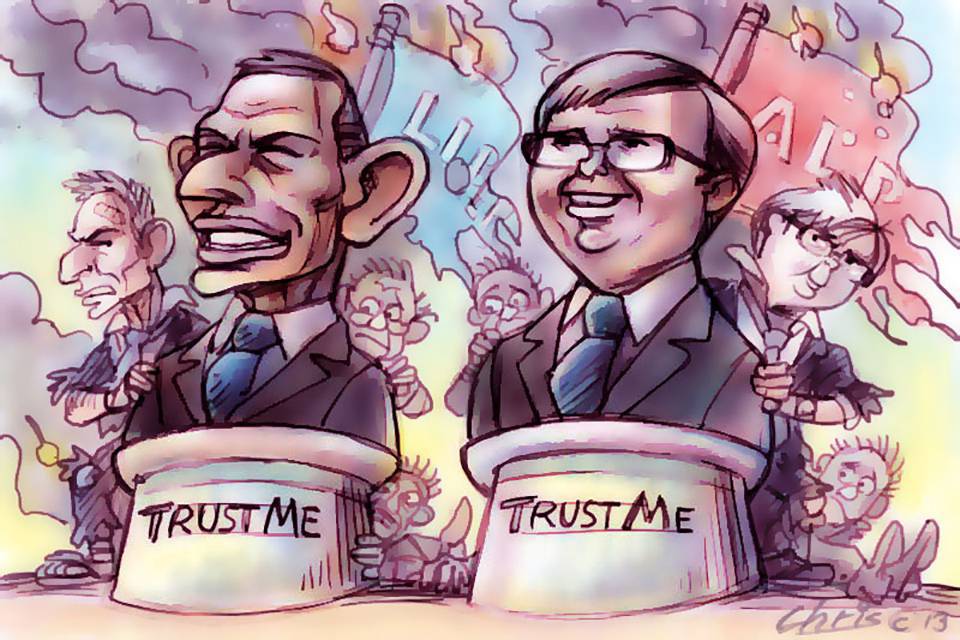Bulgaria's Tumultuous Voting Cycle: A Test of Political Resilience
Bulgarians face another general election, the seventh in three years, amid growing political instability. Previous coalitions failed, and pro-Russian and far-right groups may gain support. Voter fatigue and low turnout are expected, along with coerced votes. It remains uncertain if a stable government will emerge amid ongoing regional conflicts.

- Country:
- Bulgaria
Bulgarians are heading to the polls once again as the country prepares for its seventh general election in just over three years. Amid escalating political instability, this election could boost the influence of pro-Russian and far-right groups.
Past elections have struggled to deliver stable governments. Since 2021, only two successful coalitions have emerged, both of which collapsed trying to enact reforms and reduce Russia's grip. The June election returned no clear winner, and existing groups in the fragmented legislature were unable to form a functional coalition. The upcoming vote is unlikely to resolve the political deadlock.
Prominent analyst Stoyana Georgieva highlights voter fatigue, disillusionment with the political system, and increasing instances of vote-buying as significant issues. The main pro-Russia party, Vazrazhdane, could potentially become a major force. While political stalemate persists, Bulgaria remains vulnerable amid regional tensions.
(With inputs from agencies.)
ALSO READ
Romania's Coalition Government Faces Uphill Battle Against Far-Right Surge
Romania in Political Limbo Amid Far-Right Surge
Election Commission Clarifies Voter Turnout Concerns in Maharashtra
Elon Musk Sparks Controversy with Support for Germany's Far-Right Party
India's 2024 Elections: A Record Voter Turnout Highlighted by Female Participation










